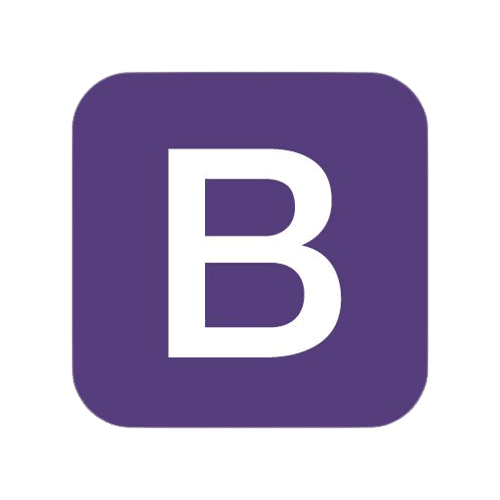Mobile App Development Services
Mobile app development involves creating software applications that can be used on mobile devices such as smartphones, tablets, and digital assistants. This process involves designing, coding, testing, and deploying the app to be used on these devices.


Why ITECHDEVS For Mobile App Development?
Mobile app development is the creation of software applications for use on mobile devices such as smartphones, tablets, and digital assistants. In today’s world, where we rely heavily on our mobile devices, the demand for mobile app development services has grown significantly.
There are many different types of mobile apps that can be developed, thanks to the technological advancements and innovations of today. But how does an idea for a mobile app become a reality? This process involves a series of steps, including designing, coding, testing, and deploying the app for use on mobile devices.
In this article, we will delve into the intricate process of mobile app development, from the initial idea to the final product on a mobile screen. We will also explore other insightful aspects of this magical process.
The process of mobile app development can be broken down into the following steps:
1. Ideation and project discussion:
This involves coming up with an idea for a mobile app and turning it into a practical project with a clear plan and strategy for development and deployment.
2. Business analysis and research:
This step involves conducting market research and analyzing competitors in order to understand the market trends and estimate the cost of the project.
3. Wireframing:
This involves creating 2D sketches and illustrations to visualize the structure and functionality of the app, and to make changes to the design, theme, and structure as needed.
4. UI/UX design:
This involves designing the look, feel, and overall user experience of the app, including its aesthetic sense, theme, and user-friendliness.
5. App development:
This involves the actual creation of the app, including front-end and back-end development, as well as API integration.
6. Q/A testing:
This involves testing the app’s functionality and performance to ensure it meets the requirements of the project and functions flawlessly. This includes both functional testing (which checks the user interface) and non-functional testing (which checks performance, reliability, and scalability).
7. Final launch:
After the app has been tested and is ready for release, it can be launched on the chosen platforms and followed up with marketing, user feedback gathering, pricing analysis, and support to ensure its success in the market.
YOU CAN ALSO HIRE YOUR OWN TEAM
Make A Team That Suits Your Goals
Talent as a Service
Project Based
Developer's plan-availability by hours/days
More Customizations?
Latest Technologies we use
Our Choices in Mobile App Development

Android

React

Angular

IOS

Bootstrap

Flutter


